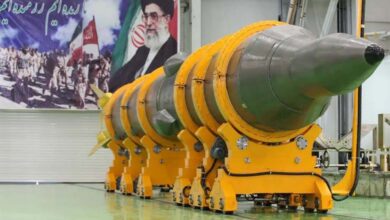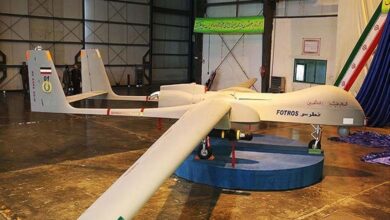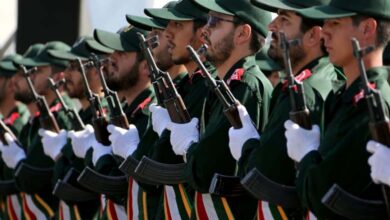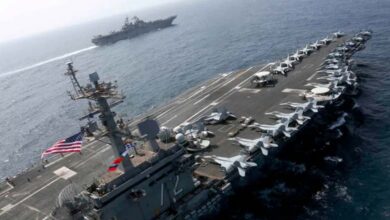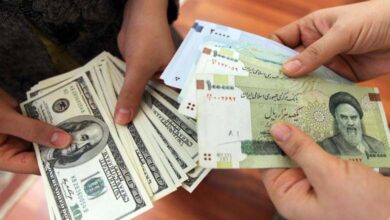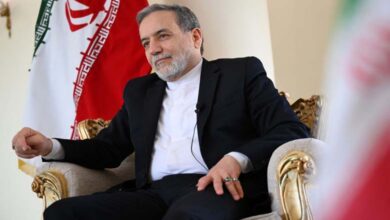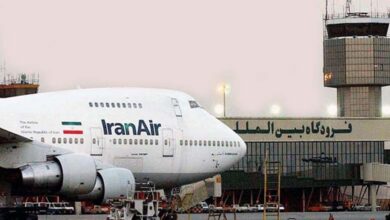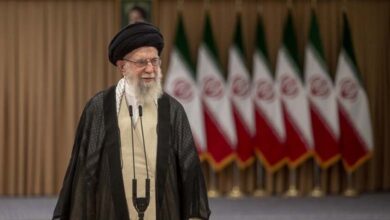After a vital convergence… How is Iran seeking to escalate tensions with Saudi Arabia?
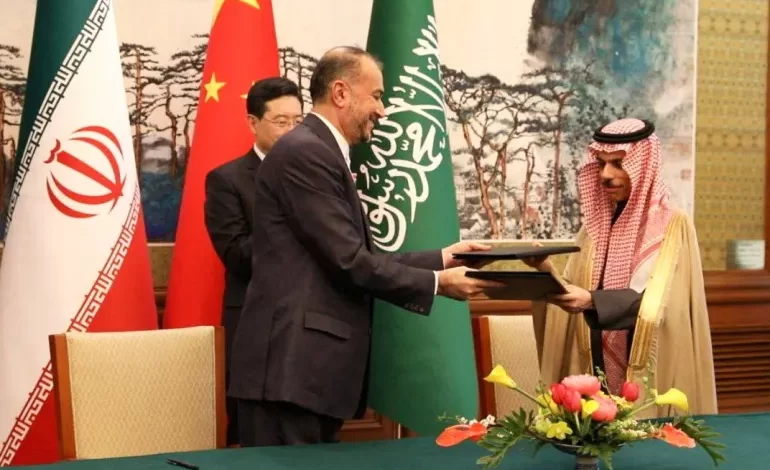
The sudden agreement between the regional rivals, Saudi Arabia and Iran, has revived hopes for a new equation of calm in the Middle East.
After more than eight years of tensions between the two countries and the severing of diplomatic relations following the attack on the Saudi embassy in Tehran and its consulate in Mashhad by Iranian protesters in 2016, Iran and Saudi Arabia agreed on Friday, March 10th, to restore their relations and turn a new page in their disputes.
The agreement was facilitated directly by China, with discussions also mentioning the Arab role of Iraq and Oman in its completion. The sponsoring state of the agreement was represented by Wang Yi, a member of the Political Bureau of the Central Committee of the Communist Party.
Tensions over the Durra Field
Tensions have recently resurfaced between Kuwait and Iran regarding the rights to the offshore Durra gas field after Tehran expressed its readiness to explore it unless the maritime borders in the area where it is located are demarcated.
Following Kuwait, Saudi Arabia entered the controversy surrounding the sharing of the Durra gas field, confirming that only Saudi Arabia and Kuwait have the right to exploit the natural resources in the divided submerged area, including the Durra field. Riyadh renewed its call for Tehran to negotiate the demarcation of borders in accordance with international law.
It should be noted that the Durra gas field will provide an equal share of one billion cubic feet of gas between the two partners, and this agreement will benefit the two sister countries.
Saudi and Kuwaiti response
Informed sources in the Saudi Ministry of Foreign Affairs believe that the ownership of natural resources in the divided submerged area, including the entire Durra field, is jointly owned by Saudi Arabia and Kuwait alone, and they have the sole sovereign rights to exploit the resources in that area.
The source added that the kingdom has renewed its previous calls to the Iranian side to begin negotiations to demarcate the eastern border of the divided submerged area between the kingdom and Kuwait as one negotiating party, in accordance with international law.
Kuwaiti Oil Minister Saad Al-Badah stated in a statement that Kuwait “categorically rejects” Iranian claims and actions regarding the offshore Durra field.
Al-Badah emphasized the necessity that the Durra field is a Kuwaiti-Saudi natural resource, and no other party has any rights to it until the maritime borders are settled.
Iran calls for participation
Former Deputy Minister of Oil for International Affairs in Iran, Seyed Mehdi Hosseini, stated the need for “participation and cooperation between Iran, Kuwait, and Saudi Arabia in investing in the shared Durra gas field.” He also announced Iran’s readiness to begin drilling operations in the field if Saudi Arabia and Kuwait do not cooperate in demarcating the border.
The agreement will be followed by many variables
According to Sumaya Asal, a researcher on Iranian affairs, the agreement will be followed by many variables in the overlapping areas where the countries are involved, primarily the ongoing war in Yemen for over eight years, between the Houthis supported by Tehran and the Arab coalition led by Saudi Arabia to support legitimacy, as well as the crucial step of demarcating maritime borders between the two countries.
Asal added that the Iranian side is seeking a strategy of gaining the upper hand, which prompted it to exploit the water resources of the Gulf countries before starting the demarcation of borders, and eventually Iran will back down due to the fear of renewed tensions with Saudi Arabia.



